Homeopathic Medicines Contain Steroids?
Do Homeopathic Medicines Contain Steroids?
Busting the Myth
One of the most common questions asked to homeopaths is—“Do homeopathic medicines contain steroids?” The straightforward answer is NO. Yet, this myth has persisted for years, creating unnecessary doubts and tarnishing the image of homeopathy. Let’s explore where this belief comes from, what steroids actually are, and why homeopathy has no connection with them.
What Exactly Are Steroids?
Steroids are naturally occurring chemicals and hormones in the human body. They are secreted by the adrenal glands, ovaries, testes, and even the placenta during pregnancy.

Corticosteroids (from adrenal glands)
Include glucocorticoids like cortisol and mineral corticoids.
Sex Steroids (from ovaries/testes)
include androgens, estrogens, and progestogens.
Corticosteroid Drugs
Prescribed to reduce inflammation in conditions like asthma, arthritis, lupus, eczema, or multiple sclerosis. (Examples: prednisone, cortisone, methyl prednisolone).

Anabolic Steroids
Synthetic testosterone used when the body cannot produce enough, or in diseases causing severe muscle loss (like AIDS or cancer).
Side Effects of Steroids
While steroids can be life-saving in certain conditions, prolonged or unnecessary use comes with serious risks.

Corticosteroids
Weight gain, puffiness of the face (“moon face”), sleep issues, acne, mood swings, high blood sugar, reduced immunity, osteoporosis, adrenal suppression, and growth problems in children.
Anabolic Steroids
Fluid retention, baldness, infertility, hormonal imbalance, heart and liver damage, and increased risk of heart attacks or strokes.
Clearly, steroids are powerful substances that should only be used under medical supervision.
What About Homeopathy?
- Homeopathic medicines are prepared from natural sources—plants, minerals, and sometimes animal-derived substances.
- They are highly diluted and potentized, ensuring safety with no chemical toxicity.
- Steroids are neither required nor prescribed in homeopathy. Only qualified allopathic doctors are authorized to prescribe steroids, not homeopaths.
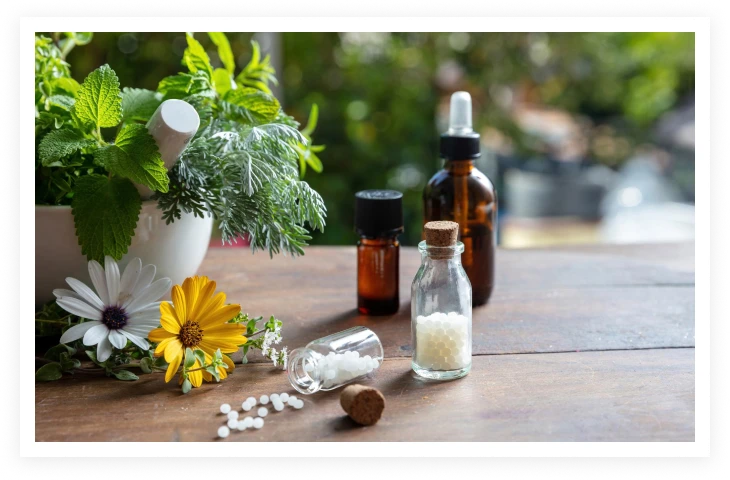
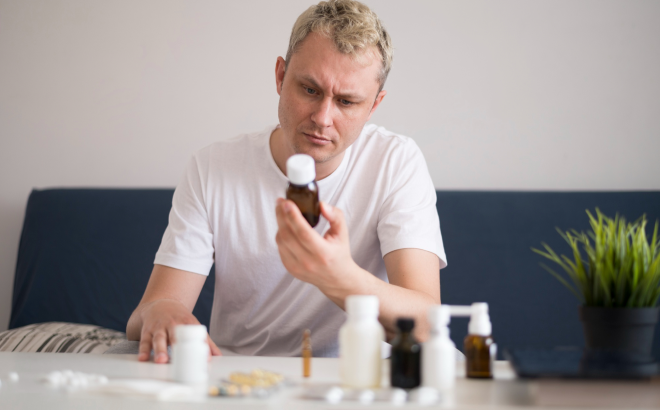
Why the Confusion?
Patients sometimes believe that the quick relief provided by homeopathy is because of hidden steroids. This misconception arises from the idea that homeopathy always works slowly.
In reality:
- When prescribed correctly, homeopathic medicines can act very fast, especially in acute conditions like coughs, headaches, diarrhea, or earaches.
- Relief speed depends on the case—acute ailments often respond within hours, while chronic conditions require longer treatment.
If steroids were present, their side effects would inevitably show up. Yet, homeopathy has a long-standing track record of safety, with no such complications.
Clinical Experiences
“In 23 years of practicing and 18 years of teaching internationally, I have never found any need to use steroids. Homeopathy itself gives excellent results in both acute and chronic diseases—there is simply no room for such malpractice.”
Here’s the counter-argument:
If a patient is truly given cortisone for more than 30 days
unmistakable side effects begin to appear—moon face (puffiness of the face), osteoporosis (calcium loss from bones), diabetes with raised blood sugar and sugar in urine. Interestingly, none of the patients who alleged “positive cortisone” in their homeopathic medicines developed these complications. 01
Cortisone is not a universal cure
It only helps certain conditions like asthma, rheumatoid arthritis, or collagen disorders. It does not work for recurrent coughs, colds, or sore throats—the very complaints for which most patients raised suspicion. In fact, in such cases, steroids may aggravate the problem. 02
Mixing steroids with homeopathy is counterproductive
Cortisone suppresses the action of the homeopathic remedy itself. Thus, logically and medically, it makes no sense for any ethical homeopath to use steroids—they would only do harm, not good. 03
A Real-World Example of False Positives
A striking clinical experience highlights just how misleading certain lab tests can be.
Recently, a patient who had switched to another homeopath phoned frantically, saying her medicines had tested positive for steroids. To address this, her former doctor sent his own medicines—including unmedicated pills, Cina 1M, Belladonna 30, and Sulphur 30—for testing at the same laboratory. The result? All tested positive for steroids.
To cross-check, the same test was performed on plain lactose (milk sugar), which also came back positive. The test used was the Colorimetric method with tetrazolium blue salts, known to give false positives when reducing sugars or aldehydes are present. Since homeopathic pills are made from cane sugar and lactose, and nearly all remedies contain a small amount of alcohol, false positive results are almost inevitable with this method.
The same samples were later tested using the UV absorption method, which is far more reliable. None of the remedies showed steroid presence. However, when adulterated with an actual steroid (clobetasone-17 butyrate), the test clearly detected it.
Experts like Dr. Anil Nibhkar (ex-Head, Dept. of Pharmacy, Bombay University) have clearly stated that such outdated tests are unreliable. The authentic methods to confirm steroids are:
- Thin Layer Chromatography (TLC)
- Liebermann–Burchard test
- UV Absorption method
When tested with these advanced techniques in FDA-approved laboratories, homeopathic medicines consistently show no steroids.
This proves that the choice of testing method is critical. Without proper methodology, honest practitioners may be falsely accused, damaging both their reputation and the profession.
The Conclusion
Quick action of homeopathic medicines is not due to steroids, but due to accurate remedy selection and the body’s natural healing response. If steroids were actually present, side effects would have been evident—yet none have been reported in genuine homeopathic practice.
So the truth is clear: Homeopathy does not need steroids. Homeopathy does not use steroids. Rumors and misleading lab reports should never be allowed to damage the reputation of this safe, effective, and globally trusted system of medicine.
Below para can also be used to shorten the lab report para..
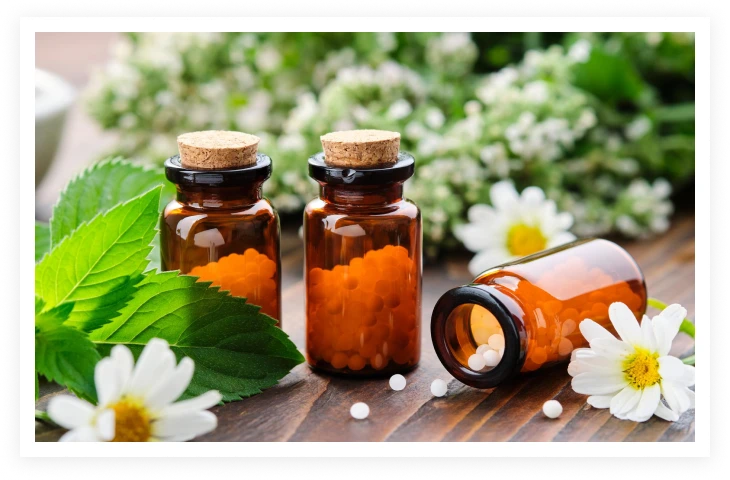
The Problem with Lab Reports
Sometimes, reports from reputed laboratories suggest steroid presence in homeopathic pills. But such results often come from outdated tests like the colorimetric method using tetrazolium blue salts, which are prone to false positives.
Why?
- Homeopathic pills are made from lactose sugar and a small amount of alcohol—both can trigger false readings.
- A case from a South Mumbai hospital reported “less than normal levels of cortisone” in a sample. Later, the chief pathologist admitted there was actually no cortisone—it was a misleading way of reporting.
Experts like Dr. Anil Nibhkar (ex-Head, Dept. of Pharmacy, Bombay University) have clearly stated that such tests are unreliable. The authentic methods to confirm steroids are:
- Thin Layer Chromatography (TLC)
- Liebermann–Burchard test
- UV Absorption method
When tested with these advanced techniques in FDA-approved laboratories, homeopathic medicines consistently show no steroids.

